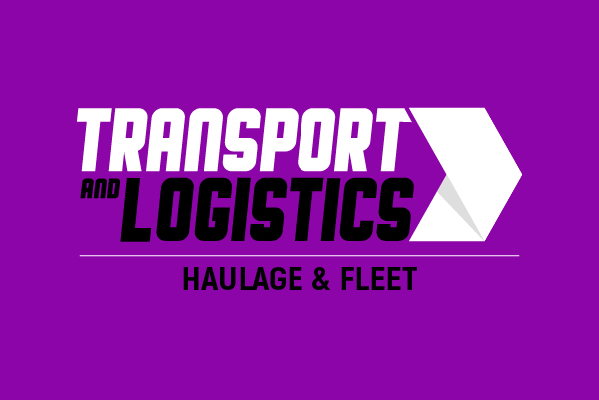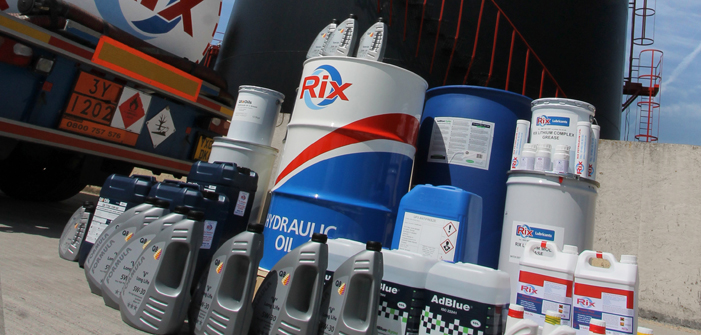In an environmentally conscious world, steps should be taken to ensure that your fossil-fuel engine emits the lowest amount of harmful bi products. Using the right products will also ensure that your engine performs to its optimum, while noxious fumes and gases are controlled.
In reaction to the new Euro VI exhaust emission legislation, OEMs (Original Equipment Manufacturers) and engine manufactures must now take steps to develop new types of engines that both compete with the latest technology in the Transport and Agricultural industries, as well as comply with the new legal regulations.
Europe are leading the way with more environmentally-friendly engines; the European industry is now at exhaust emission level Euro VI for road haulage vehicles, while its off road/agricultural vehicles are Tier 4.
Modern engines are highly technical and use sophisticated systems to clean waste exhaust gases. One of the most common after-treatments is SCR (Selective Catalytic Reduction) which requires the use of Ad Blue injected into the catalyst of the SCR system. Many manufacturers have adopted this with Euro VI and Tier 4 Final engines.
Finding the right lubricant
Graham Williamson is Lubricants Director of Rix Petroleum, a family owned business specialising in oil and fuel products. Mr Williamson stressed the importance of only using correctly specified engine lubricant, saying: “Automotive engine lubricants play a very important part in ensuring the efficient operation of heavy-duty engines, increasing component durability and allowing extended oil drain intervals.”
Engines using Low Saps additive technology (Sulphated Ash, Phosphorus and Sulphur = Saps) are commonly using Synthetic oils to ensure compatibility with expensive exhaust after-treatment systems and prevent the poisoning of catalysts. Making the wrong engine lubricant choice can make for a very expensive exercise.
Mr Williamson continued: “Synthetic engine lubricants are now in high demand to achieve the levels of performance now commonly specified by the OEMs. Always be sure to check vehicle maintenance recommendations for the correct engine lubricant specification, and purchase your engine lubricant from a reputable supplier, to ensure its quality.”
Common engine lubricant specifications recommended by OEMs will include references to ACEA and API, along with some OEM specifications. These are sometimes a requirement in addition to the industry standards for performance quality.
For more information about your lubricant, AdBlue or bulk fuel requirements, visit Rix Petroleum website www.rix.co.uk












